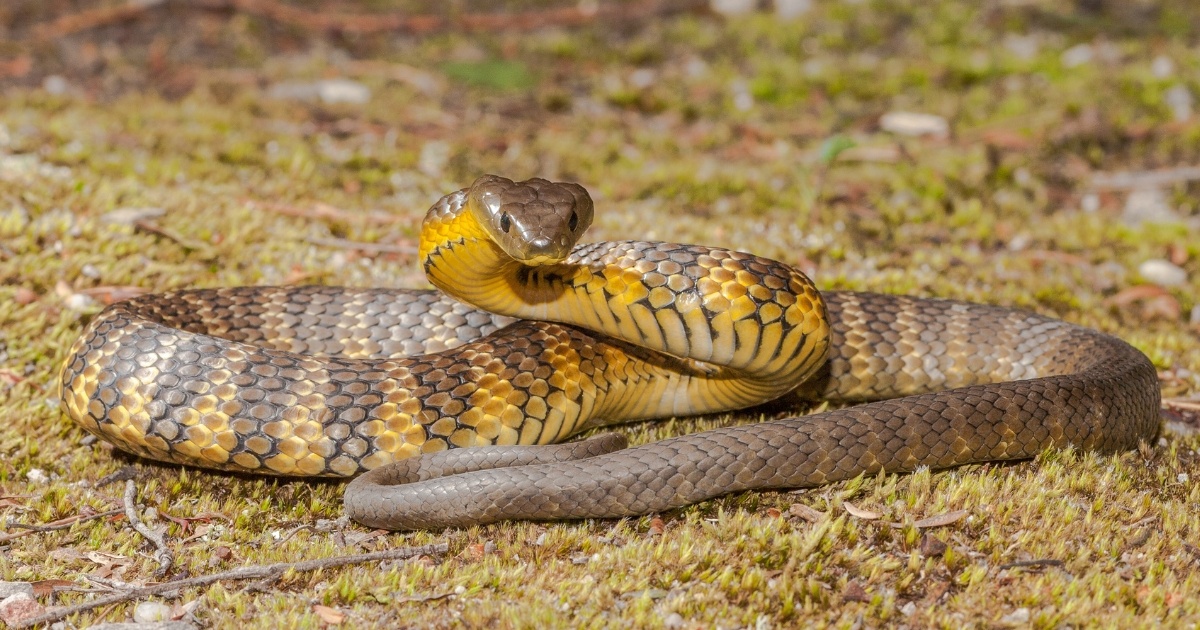2025 Mikla Lewis Grant - Gondwana Rainforest Trust
February 2026
For emergency rescue support 24/7 please call 1300 094 737

Spotting a snake in your garden or home can come as a surprise. But the truth is, snakes are a natural part of our environment, and as our towns and cities grow, encounters with native reptiles are becoming more common.
At WIRES, we regularly receive calls from people concerned about a snake on their property. These calls often come from a place of fear or uncertainty, especially if the person is unsure what to do next. If you have seen a snake and are looking for answers, here’s what you need to know.
Although they may seem intimidating, most Australian snakes are shy, solitary and non-aggressive. They do not seek out humans, and if given space, they will usually move away quietly.
Snakes only bite in self-defence, typically when they feel threatened or cornered. If left alone, the risk of being bitten is very low.
WIRES is a not-for-profit organisation supported by trained volunteers. Many of our reptile handlers generously give their time outside of regular work to help wildlife in need.
Our focus is on reptiles that are injured, sick or trapped, such as those found inside homes or caught in netting. We are not resourced to relocate healthy snakes that are moving through gardens or open spaces.
We are, however, always happy to provide safe and practical advice over the phone.
📞 Need support? Call WIRES on 1300 094 737 or report a rescue
Many people call WIRES believing they have seen a snake, when in fact it is a lizard.
Blue-tongue lizards are a common example. Their long tails and smooth bodies often cause confusion, especially when only part of them is visible.
These harmless lizards are actually great neighbours. They help control slugs, snails and other garden pests, and are an important part of the ecosystem.
If you find a snake in your garden or nearby:
Remain calm and do not approach it
Bring pets and children indoors
Give the snake space and time to move on
Never try to touch, catch or harm the snake
Most snakes will leave on their own within a short time.
If the snake is inside your home, injured or unable to escape, contact WIRES or a licensed local snake handler for assistance.
Stay in touch and get our regular rescue stories, WIRES updates and a free copy of our 15 Ways to Help Wildlife ebook
February 2026
February 2026
February 2026
February 2026
January 2026
January 2026